Academia
Recent articles
Neuroscience’s leaders, legacies and rising stars of 2025
Here are seven stories from the past year about some of the field’s most engaging figures.

Neuroscience’s leaders, legacies and rising stars of 2025
Here are seven stories from the past year about some of the field’s most engaging figures.
Talking shop: The Transmitter’s top quotes of 2025
Find out what “may be one of the brain’s most underappreciated superpowers” and why it’s so crucial to “talk about our research in our everyday lives.”

Talking shop: The Transmitter’s top quotes of 2025
Find out what “may be one of the brain’s most underappreciated superpowers” and why it’s so crucial to “talk about our research in our everyday lives.”
How will neuroscience training need to change in the future?
Training in computational neuroscience, data science and statistics will need to expand, say many of the scientists we surveyed. But that must be balanced with a more traditional grounding in the scientific method and critical thinking. Researchers noted that funding concerns will also affect training, especially for people from underrepresented groups.

How will neuroscience training need to change in the future?
Training in computational neuroscience, data science and statistics will need to expand, say many of the scientists we surveyed. But that must be balanced with a more traditional grounding in the scientific method and critical thinking. Researchers noted that funding concerns will also affect training, especially for people from underrepresented groups.
What are the most-cited neuroscience papers from the past 30 years?
Highly cited papers reflect the surge in artificial-intelligence research in the field and other technical advances, plus prizewinning work on analgesics, the fusiform face area and ion channels.

What are the most-cited neuroscience papers from the past 30 years?
Highly cited papers reflect the surge in artificial-intelligence research in the field and other technical advances, plus prizewinning work on analgesics, the fusiform face area and ion channels.
How have funding cuts affected early-career scientists’ futures?
Some say they feel terrified and anxious over all the uncertainty; many are thinking about leaving the United States, academia or science altogether; others plan to stay the course.
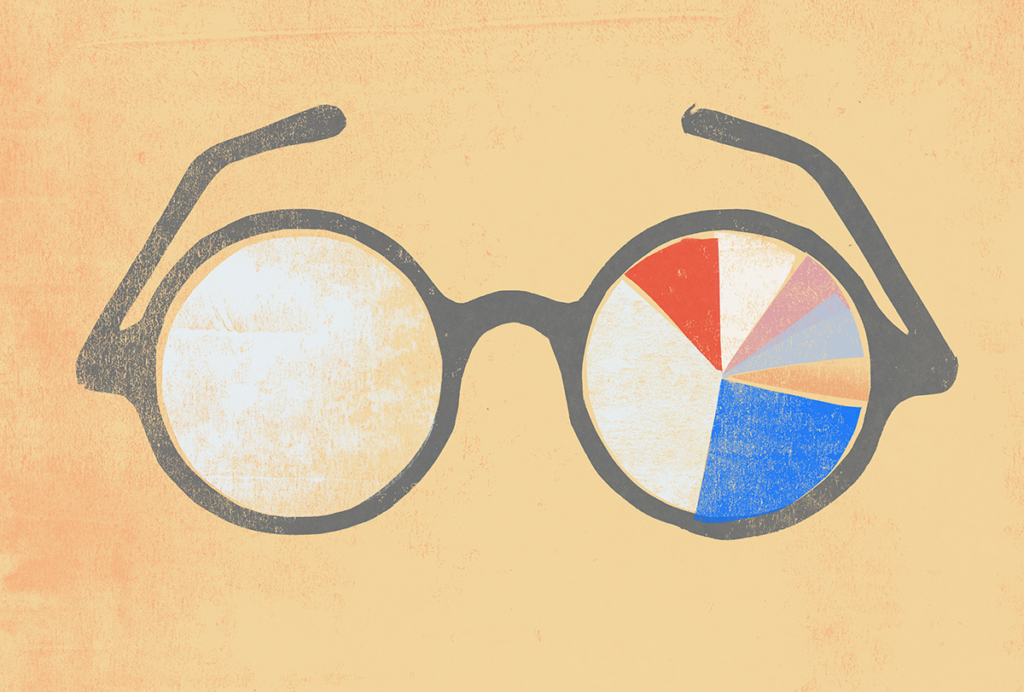
How have funding cuts affected early-career scientists’ futures?
Some say they feel terrified and anxious over all the uncertainty; many are thinking about leaving the United States, academia or science altogether; others plan to stay the course.
Is neuroscience a coherent field? Or is it becoming more fragmented?
The latter, say about half of the neuroscientists we surveyed. They note the sheer volume of research being generated, an increasing trend toward specialization in neuroscience education, and competition among labs. About another quarter told us it is “becoming much more interconnected.”

Is neuroscience a coherent field? Or is it becoming more fragmented?
The latter, say about half of the neuroscientists we surveyed. They note the sheer volume of research being generated, an increasing trend toward specialization in neuroscience education, and competition among labs. About another quarter told us it is “becoming much more interconnected.”
The state of neuroscience in 2025: An overview
The Transmitter presents a portrait of the field through four lenses: its focus, its output, its people and its funding.

The state of neuroscience in 2025: An overview
The Transmitter presents a portrait of the field through four lenses: its focus, its output, its people and its funding.
The buzziest neuroscience papers of 2023, 2024
The field took note of work on brain-computer interfaces for speech, the mechanism of psychedelics, a broader definition of hippocampal representations, and more.

The buzziest neuroscience papers of 2023, 2024
The field took note of work on brain-computer interfaces for speech, the mechanism of psychedelics, a broader definition of hippocampal representations, and more.
Should neuroscience focus on big team science or the traditional model?
A balanced approach is best, according to the majority of respondents. Many stressed that big team science has value for large-scale, resource-intensive projects, particularly for cell atlases and similar efforts. But some noted that small group support is key for creativity.
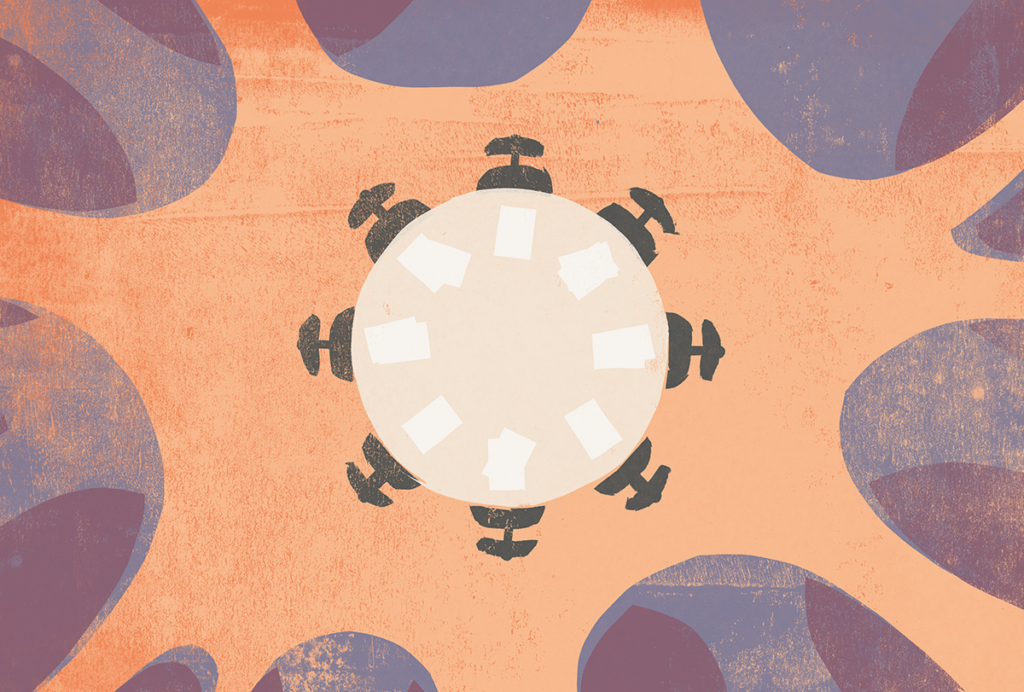
Should neuroscience focus on big team science or the traditional model?
A balanced approach is best, according to the majority of respondents. Many stressed that big team science has value for large-scale, resource-intensive projects, particularly for cell atlases and similar efforts. But some noted that small group support is key for creativity.
Top neuroscience prize winners in 2025
The awards recognize lifetime achievements and new discoveries.

Top neuroscience prize winners in 2025
The awards recognize lifetime achievements and new discoveries.
Explore more from The Transmitter
Alzheimer’s disease and autism; and more
Here is a roundup of autism-related news and research spotted around the web for the week of 12 January.
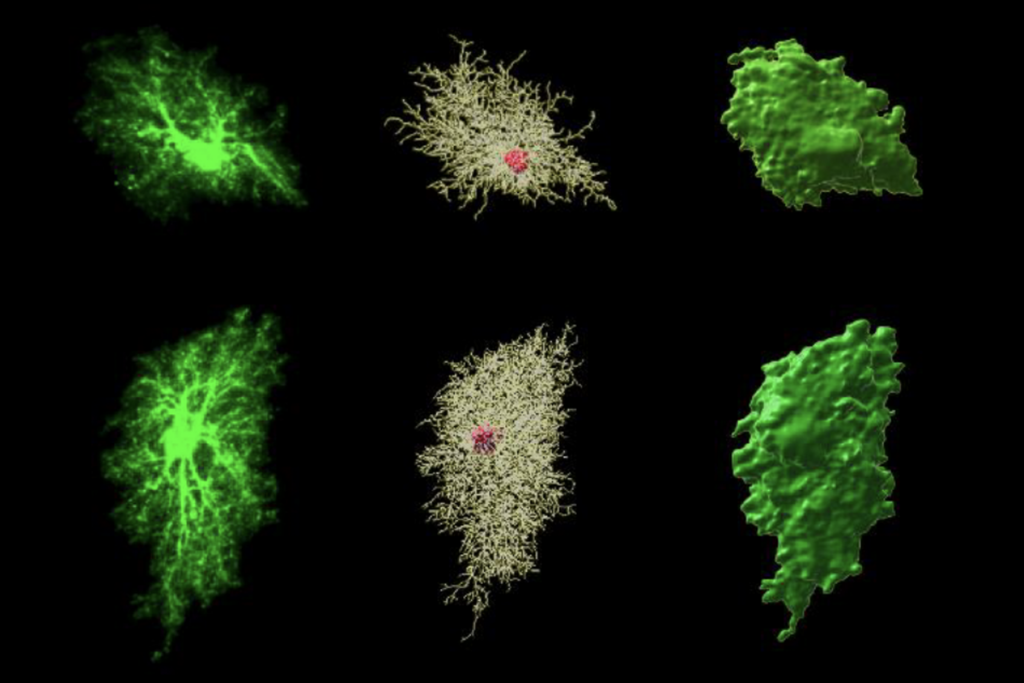
Alzheimer’s disease and autism; and more
Here is a roundup of autism-related news and research spotted around the web for the week of 12 January.
Computational psychiatry needs systems neuroscience
Dissecting different parallel processing streams may help us understand the mechanisms underlying psychiatric symptoms, such as delusions, and unite human and animal research.
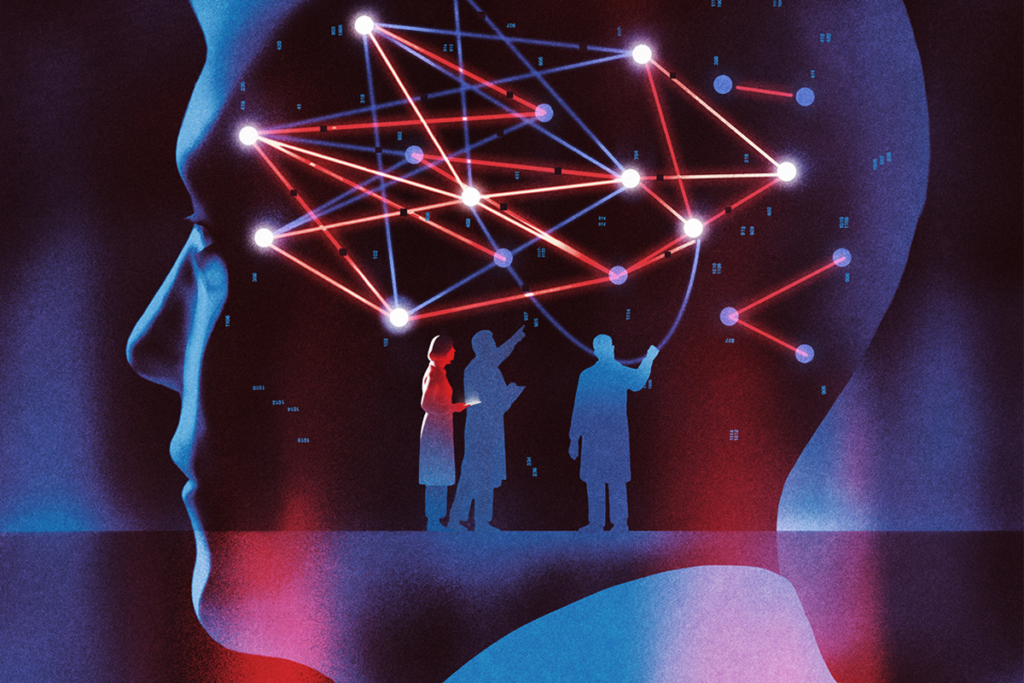
Computational psychiatry needs systems neuroscience
Dissecting different parallel processing streams may help us understand the mechanisms underlying psychiatric symptoms, such as delusions, and unite human and animal research.
This paper changed my life: John Tuthill reflects on the subjectivity of selfhood
Wittlinger, Wehner and Wolf’s 2006 “stilts and stumps” Science paper revealed how ants pull off extraordinary feats of navigation using a biological odometer, and it inspired Tuthill to consider how other insects sense their own bodies.
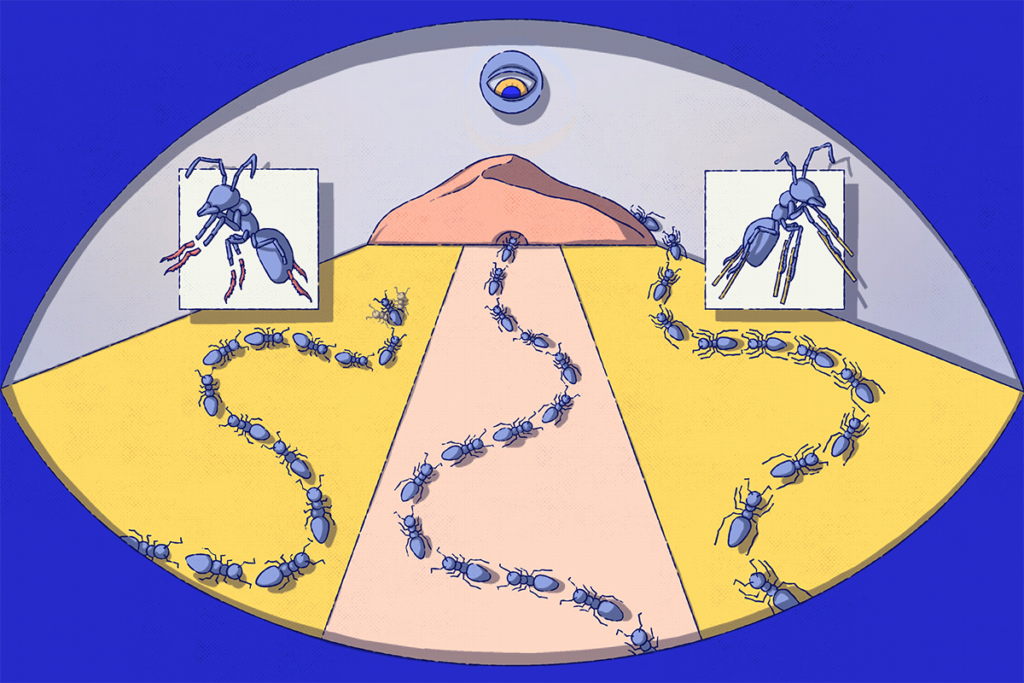
This paper changed my life: John Tuthill reflects on the subjectivity of selfhood
Wittlinger, Wehner and Wolf’s 2006 “stilts and stumps” Science paper revealed how ants pull off extraordinary feats of navigation using a biological odometer, and it inspired Tuthill to consider how other insects sense their own bodies.